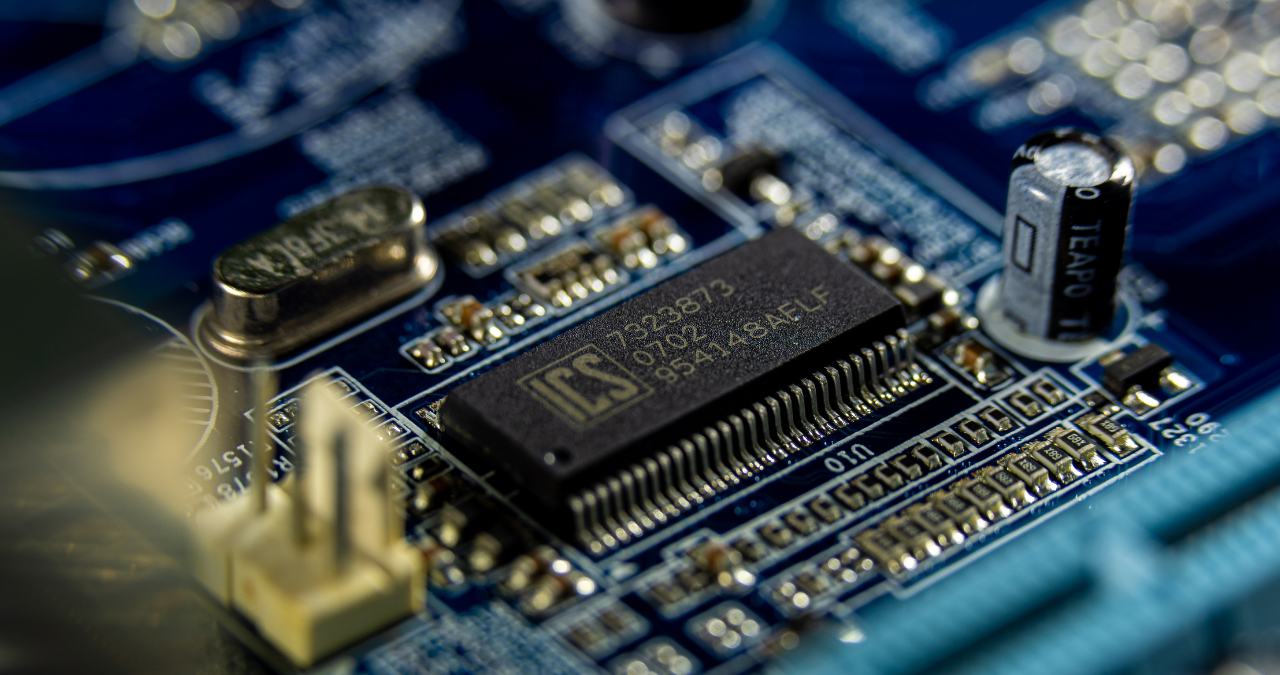The recent expansion of high-performance processors has exponentially increased the computing power available to us, but it has also led to an increase in compatibility issues among motherboards – especially if they’re from different manufacturers.
With that in mind, I’ve compiled a list of some of the most common CPU issues that could potentially arise and their corresponding solutions. Be sure to double-check your motherboard’s documentation for any additional guidance; otherwise, contact customer support if needed!
What is CPU Compatibility?
CPU compatibility is a crucial component of buying a new motherboard. It refers to whether or not your chosen CPU will function with that particular chipset.
As technology evolves and becomes more advanced, CPUs grow to accommodate them. This can make motherboard manufacturers’ designs obsolete – forcing users to upgrade their systems if they wish to use their CPU’s respective features such as hyperthreading or turbo-boost. It can also pose an inconvenience for those who have planned upgrades in mind!
An essential component of any system, the CPU determines its overall performance by processing data from the RAM, GPU, hard drive or other components. It also plays a vital role inside its own system as it coordinates operations between software applications as well as hardware devices like the graphics card.
Which CPUs are Most Commonly Compatible with Motherboards?
As far as AMD processors go, a staggering 80% of them are compatible with motherboards. Intel has trailed behind with only 62%, but it should be noted that the vast majority of CPUs manufactured for both companies are compatible with their respective motherboard standards. This means that if you own an Intel CPU and decide to upgrade, you won’t encounter any issues whatsoever!
In recent times, AMD made significant strides toward the expansion of its socket lineup. Its newest additions include a 2nd-gen AM4 socket for processors. At present, AM4 platforms are exclusively paired with Ryzen processors; however, this could change in the near future – stay tuned!
On the contrary, Intel’s LGA1151 socket is ubiquitous in ATX motherboards and power supplies.
What about Power Supply Units?
If your computer doesn’t come with a power supply, you’ll need to acquire one – but be careful.
Not all PSU units are compatible with each motherboard. Power-supply units typically have a number of connectors, including some that can attach directly to the CPU socket without any additional adapters required; others may require different AC or ESCs in order for their plugs to connect properly. Without familiarity with these specifications, you may find yourself needing an aftermarket solution such as an ATX power supply unit to execute your upgrade!
How Do I Know if my Case/ Cabinet is Big enough to Hold My PC?
If you want to purchase a case or cabinet, the first step is determining its dimensions. To ascertain if it will accommodate your system and if provisions can be made, it’s prudent to consider those specifications.
Like CPUs, motherboards require ample space when placed in a chassis or cabinet. This can pose a challenge for consumers seeking compact ATX / microATX cases that are also affordable – not only must you ensure fit but also ensure that there is adequate clearance from any protruding hardware; otherwise, component contact may occur resulting in potential failure of components like memory modules and hard drives – which could lead to system crashes!
Do not despair; for we have compiled an elocutionary guide with incontestable information about the sizes of typical ATX cases and cabinets. In order to assure compatibility between components inside a PC chassis, you should follow the guidelines.
CyberPowerPC Shocker: There’s No Straight Answer
At present, there is no definitive answer that can be provided to your query regarding whether an Intel processor will work with an AMD motherboard.
This is not a new phenomenon – the current predicament was put into effect when AMD and Intel clashed over the specifications of their respective processors in the early 2000s.
Over a decade later and two competing camps remain: Ryzen on one side; and the Kaby Lake-based G series lineup on the other – but both still maintain compatibility with older motherboards.
To make matters more complicated, if you want to upgrade your processor, motherboard requirements vary depending on the number of cores and RAM slots you require. Before investing in a new CPU, it’s wise to be aware of what is compatible with your existing system.
Conclusion
If you possess a CPU that is incompatible with your motherboard, don’t fret! We have created a special list of motherboards that support the Intel Core i3 processors – simply click on the link below to access it.
Discover the shocking truth: is your CPU compatible with your motherboard?




